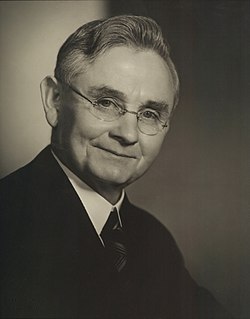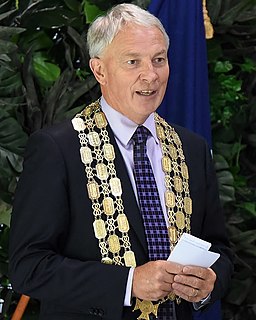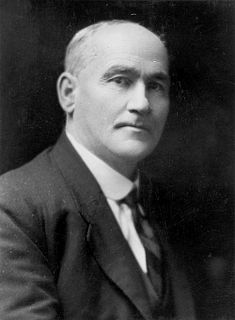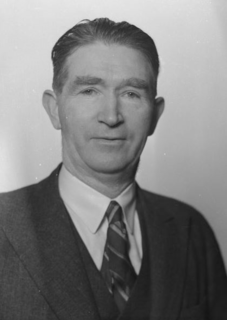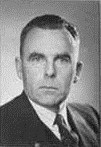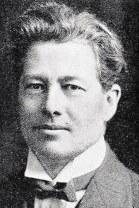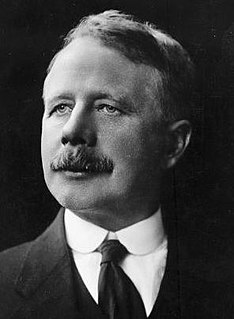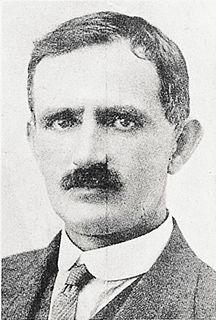| The Honourable Fred Young | |
|---|---|
 | |
| Member of the Legislative Council | |
| In office 8 September 1941 –31 December 1950 | |
| Personal details | |
| Born | 9 June 1888 London, England |
| Died | 14 February 1962 Wellington, New Zealand |
| Political party | Labour Party |
Frederick George Young (9 June 1888 – 14 February 1962) was a New Zealand hotel employee and manager, trade unionist, soldier, and politician.
He was born in the East End of London, England in 1888, and came to New Zealand about 1905. [1]
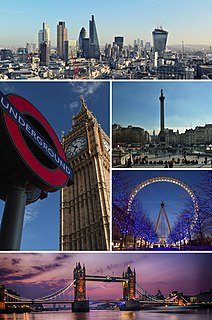
London is the capital and largest city of both England and the United Kingdom. Standing on the River Thames in the south-east of England, at the head of its 50-mile (80 km) estuary leading to the North Sea, London has been a major settlement for two millennia. Londinium was founded by the Romans. The City of London, London's ancient core − an area of just 1.12 square miles (2.9 km2) and colloquially known as the Square Mile − retains boundaries that follow closely its medieval limits. The City of Westminster is also an Inner London borough holding city status. Greater London is governed by the Mayor of London and the London Assembly.
He was appointed a member of the New Zealand Legislative Council by the First Labour Government from 8 September 1941 to 7 September 1948, and then from 8 September 1948 to 31 December 1950 when it was abolished. [2] A hotel worker and unionist, he had been associated with John A. Lee, and had opposed Michael Joseph Savage on some issues.
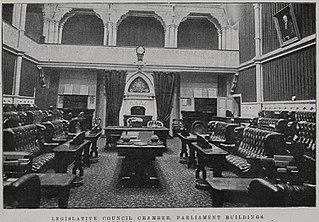
The Legislative Council of New Zealand existed from 1841 until 1951. When New Zealand became a colony in 1841 the Legislative Council was established as the country's first legislature; it was reconstituted as the upper house of a bicameral legislature when New Zealand became self-governing in 1852.

The First Labour Government of New Zealand was the government of New Zealand from 1935 to 1949. Responsible for the realisation of a wide range of progressive social reforms during its time in office, it set the tone of New Zealand's economic and welfare policies until the 1980s, establishing a welfare state, a system of Keynesian economic management, and high levels of state intervention. The government came to power towards the end of, and as a result of, the Great Depression of the 1930s, and also governed the country throughout World War II.

John Alfred Alexander Lee was a New Zealand politician and writer. He is one of the more prominent avowed socialists in New Zealand's political history.
